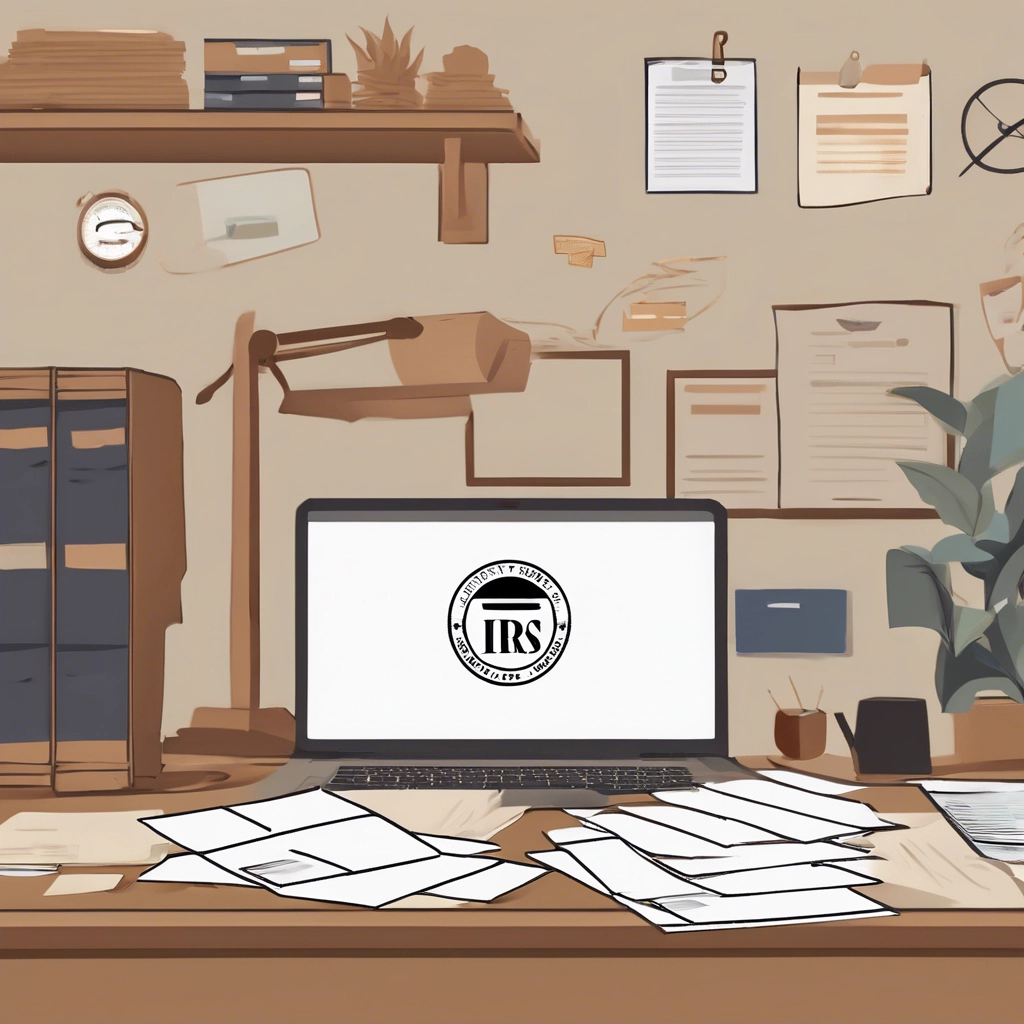
Business Loss or a Hobby Loss for Taxes
25 August, 2013 | Tax Laws
NYC and Albany NY IRS Tax Attorney As Tax Attorney's located in New York, we often receive inquiries from clients who have a number of unfiled tax returns on whether a loss is a business loss or a Hobby loss when they contact us needing a IRS Attorney. If the loss is a Hobby loss, in general it can not be used to offset other forms of taxable income. In many cases, it is not a clear issue. The issue has also been a difficult one for the IRS to resolve, an... CONTINUE READING










